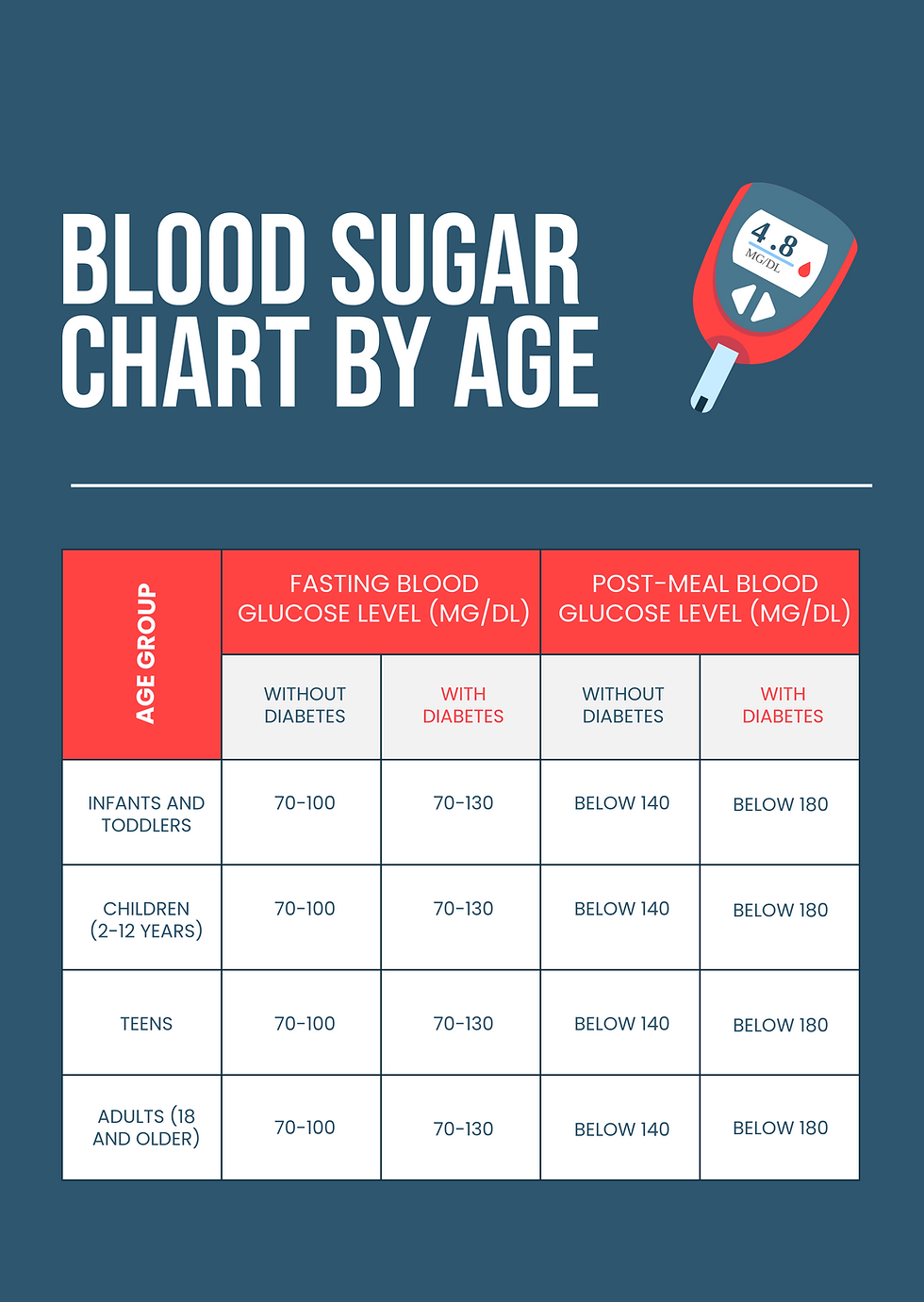The Gut - Gateway to Health
- Denise Scott
- Jan 8
- 3 min read
I wrote a series of articles on the gut for the rest of this month. Gut health and the microbiome have been a hot research topic for the past 2 decades. Studies show that the gut and its bacteria contribute to almost every organ system and many disease processes, including autoimmune disease and mental health. The microorganisms living in our gut, the microbiota, can benefit our health or contribute to disease later. You can impact your child’s future health by what you feed your child’s gut.

A paper diagram of the gut held in front of a woman's abdomen.
The gut does not simply digest food and produce waste. There is an ongoing interplay between the gut and the
Immune system
Nervous system and brain
Cardiovascular system
Endocrine system
A healthy gut impacts how we react to infections, inflammation, and stress, and contributes to whether we develop allergies, autoimmune disease, metabolic syndrome, type 2 diabetes, obesity, cardiovascular disease, mental health issues, and some cancers.
An imbalance between the healthy or desirable bacteria in our gut and the undesirable organisms leads to inflammation and disease development.

A cartoon schematic of the body's organ systems. The gut interacts and communicates with multiple systems, including the brain, nervous, cardiovascular, endocrine, and immune systems. A healthy gut contributes to the health of these systems.
Digestion:
When we eat, the gut digests our food with the help of the organisms living there. It turns our food into energy, absorbs vitamins and minerals, removes toxins, and makes products, such as short-chain fatty acids, which are anti-inflammatory.
Immune System:
Our gut is the most substantial component of our immune system - 80% of our immune cells live here. We are exposed to bacteria and viruses through our mouth and nose. These journey to the gut, where they interact with the microbiota. The lining of our gut signals to the rest of the body whether these new, foreign organisms should live or be destroyed. When this becomes impaired, inflammation, infection, and disease can develop.
Endocrine System:
Endocrine cells reside in our gut lining, making the gut our largest endocrine organ. They secrete hormones that control our metabolism, blood sugar, hunger, and satiety signals. Diseases like metabolic syndrome, obesity, type 2 diabetes, and fatty liver disease can result from impaired signaling.
Cardiovascular System:
Some unhealthy gut bacteria species make by-products that build up in the arteries, leading to vascular disease/atherosclerosis. Certain gut bacteria help to increase HDL cholesterol; others can convert amino acids in red meat to substances that increase risk factors for heart disease. What processes occur depends on which strains of gut bacteria are prevalent.
Nervous System:
Our gut communicates with the brain through neurotransmitters and neurons that run through the GI tract. Some bacteria in the microbiome make chemicals, such as serotonin, which act as neurotransmitters, sending messages to the brain. Gut health plays a role in mental health and affects our mood and behavior. This gut-brain connection will be discussed later this month.
Numerous factors affect our gut microbiome. When you don’t have enough healthy bacteria, less desirable bacteria thrive, leading to an imbalance or gut dysbiosis. When this imbalance occurs, it can manifest as symptoms or diseases such as:
Autoimmune problems, including inflammatory bowel disease
Digestive issues
Sluggishness
Mood disorders
Sleep problems
Sugar cravings
Allergies and rashes
Factors that affect the microbiome include:
Diet
The more variety in your diet, especially from plants and fiber, the greater the diversity of beneficial microorganisms. This leads to higher production of short chain fatty acids (SCFAs), which are anti-inflammatory. Diets high in sugar, saturated fats, additives, and preservatives breed unhealthy varieties of bacteria.
Environmental Chemicals
Exposure to specific toxins: tobacco smoke, alcohol, pesticides, and medications such as antibiotics and antacids. These can alter the balance of gut bacteria. The gut can recover if the exposure is temporary, but long-term exposures may have a more permanent effect.
Gut Motility
Bowel movement, or how frequently you poop, affects the microbiome. The amount of time it takes to move food and waste products through the gut can affect the distribution of bacteria, and the amount of their by-products, or result in overgrowth.
The microbiome will change how we diagnose, modify, and eventually treat diseases. Next week will review leaky gut syndrome. The following week will explore the mind-gut connection and the final article in this series will outline how to create a healthy gut. Stay tuned!




Comments